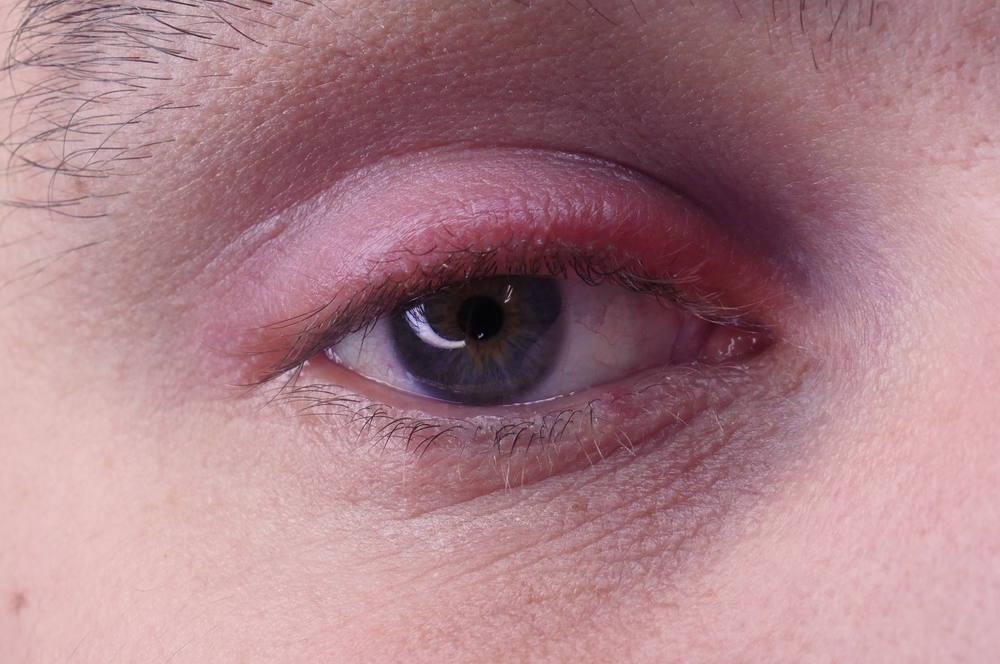
Do you have itchy, red, crusty eyelids? If so, you might have blepharitis. This pesky eye condition can make your eyelids feel like they are on fire. But do not worry, there are ways to tame this eye condition.
Warm Compresses
Grab a clean washcloth, soak it in warm water, and place it over your closed eyes. The warmth helps loosen up the crusty gunk on your eyelids. It also gets the oil flowing from your eyelid glands. Aim for about ten minutes of compress time, twice a day.
Eyelid Scrubs
You can use special eyelid cleansers from the pharmacy. Mix a tiny bit with warm water. Then, gently scrub your eyelids with a clean washcloth or cotton swab. This step washes away the oils, dead skin cells, and bacteria that cause blepharitis.
Artificial Tears
Blepharitis can make your eyes feel dry and scratchy. That is where artificial tears come in. These over-the-counter eye drops help wash away irritants and keep your eyes moist. Use them as often as you need throughout the day. It is best to choose preservative-free drops if using them more than four times daily.
Antibiotic Ointments
Sometimes, your doctor might prescribe antibiotic ointments. The ointment fights off bacteria. You will usually apply it to your eyelids before bed. It might make your vision a bit blurry, so it is best to use it at night. Your vision will clear up by morning.
Oral Antibiotics
In some stubborn cases, your eye doctor might prescribe oral antibiotics. These pills work from the inside out to fight infection. Doctors usually reserve these for severe cases or when other treatments do not work. Remember to take the full course as prescribed, even if your eyes start feeling better.
Steroid Eye Drops
For very inflamed eyelids, your doctor might suggest steroid eye drops. These drops help reduce redness, swelling, and irritation. Use them only as directed. Overuse can lead to other eye problems. Think of these as a short-term solution, not a long-term fix.
Omega-3 Fatty Acids
Believe it or not, what you eat can affect your eyes. Omega-3 fatty acids might help improve the oil production in your eyelid glands. This can ease blepharitis symptoms. You can get omega-3s from eating fatty fish like salmon or taking fish oil supplements.
Eyelid Massage
Gently massaging your eyelids can help, too. After applying a warm compress, use your clean fingertips to lightly massage your eyelids. This helps squeeze out the oils from your eyelid glands. A light touch is all you need.
Tea Tree Oil
Some people find relief with tea tree oil. It has antimicrobial properties that can fight off the microbes causing blepharitis. But do not put pure tea tree oil directly on your eyes. Look for eyelid scrubs or foams that contain tea tree oil. These are safe for your eyes.
Lifestyle Changes
Sometimes, simple changes in your daily routine can help manage blepharitis. Some of these include:
· Avoid eye makeup when your eyes are inflamed.
· When you do wear makeup, always remove it before bed.
· Keep your face and hands clean.
· If you wear contact lenses, give your eyes a break and wear glasses until the blepharitis clears up.
It would help to remember that blepharitis is often a chronic condition. That means it might come back even after treatment. Do not get discouraged. The key is to stick with your treatment routine. It might take a few weeks to see improvement. Keep at it, and you will likely see results.
For more on blepharitis, visit Franklin Family Eye Care at our Mt. Juliet, Tennessee, office. Call (615) 754-4733 to schedule an appointment today.
https://my.clevelandclinic.org/health/diseases/10032-blepharitis







